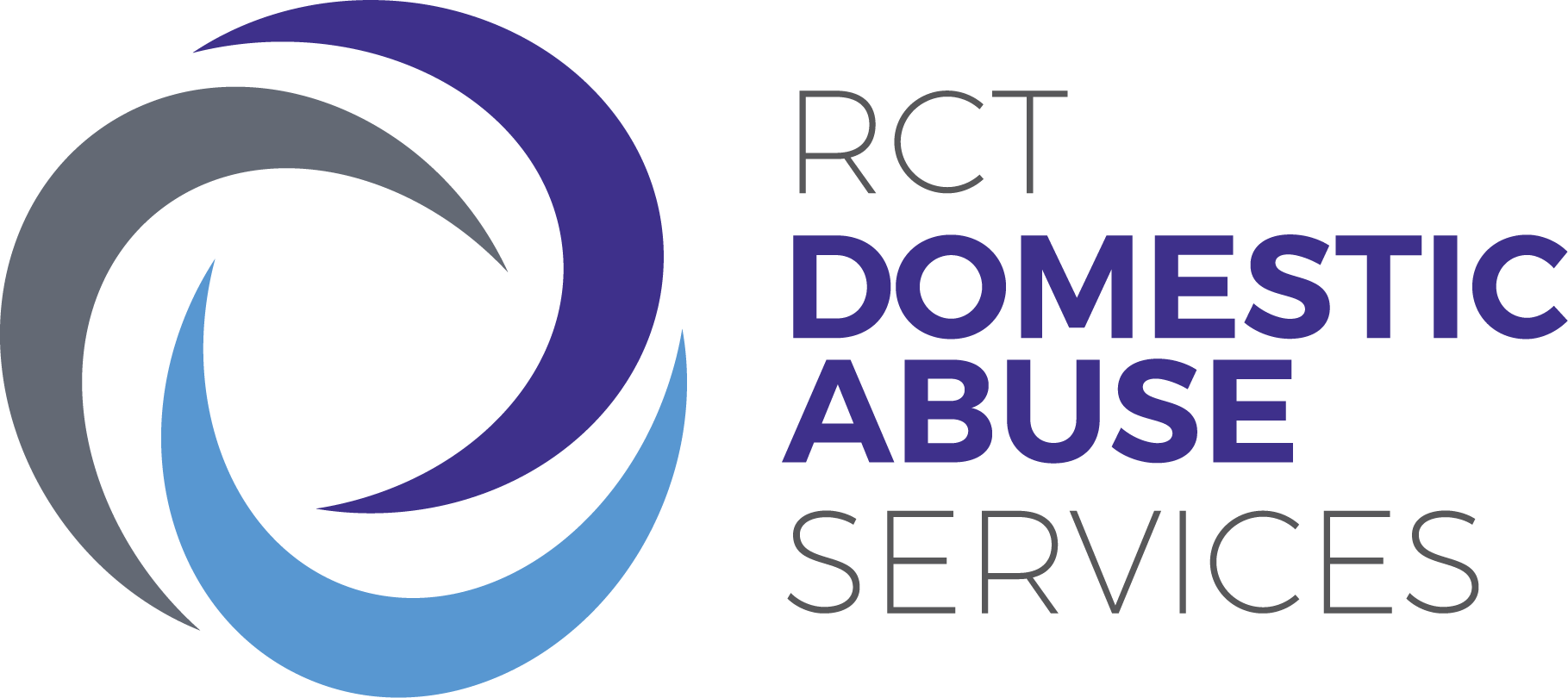COMMON DOMESTIC ABUSE MYTHS
Myths v Fact
The abuser is a loving partner
In between the violent episodes, the abuser may be passionately loving, affectionate and caring. It is often such behaviour which keeps the abused partner full of hope in the relationship.
Alcohol and substance misuse causes domestic abuse
Most incidents of domestic abuse take place without the use of alcohol by the abuser and roughly 80% of alcohol abusing men do not beat their partners. Alcohol and most drugs do not have physiological effects that cause violence. A large proportion of abusers, including some men who are highly physically violent, show no signs of substance abuse and those who do have addiction problems commit serious acts of abuse even when sober. In cases where the victims reports that the man is violent only when drinking, further questioning usually reveals that lower level abuse such as pushing and threatening has happened at other times.
Men on perpetrators programmes will often admit that they made the decision to be violent before going out drinking and then use alcohol as an excuse. Belief systems are the cause of the abuse and stopping drinking won’t change these belief systems.
The impact on abusive behaviour of recovery of addiction is mixed.
A small but significant number of abusers become more dangerous and dictatorial when they stop abusing substances, apparently because of their increased ability to closely monitor their partners behaviour and because of their own increased irritability.
A small but significant number of abusers become more dangerous and dictatorial when they stop abusing substances, apparently because of their increased ability to closely monitor their partners behaviour and because of their own increased irritability.
Abusers lose control of themselves
Everyone is responsible for their own behaviour. For a lot of abusers it is easier to believe the myth than to accept that they know exactly what they are doing when they assault, rape or torture their partner. Most violent and abusive people are able to control themselves and not hit or abuse their partner in public or in front of other people, and not to cause injuries where they show. Abusers almost never do something that they themselves consider morally unacceptable – the problem is the distorted sense of what is right or wrong and the sense of entitlement. Abusers believe that controlling or abusing their partner is justifiable.
Some women seek out abusive men, going from one violent relationship to another
This is another ‘cycle of violence’ theory. It is often said that women who saw or experienced abuse in childhood or who have been in one or more abusive relationships come to expect/accept it in personal relationships. If we take seriously the extent of domestic abuse, then a high proportion of men are abusive towards women. We should expect to find that for some women it happened to their mothers and it has happened to them. No expert has yet come up with a way of distinguishing abusive from non abusive men, how can women do so?
Recent research suggests a different way of understanding why some women are abused by more than one partner. Women often choose to tell a new partner about their previous experiences of abuse – and some men use this as justification for their own abusive behaviour.
(Male victims of female perpetrators were less likely than female victims to have experienced previous abuse. Male victims of male perpetrators were significantly more likely to have had previous experience of abuse)
Abuse of women is acceptable in some cultures
The fundamental thinking and behaviour of abusive men cuts across racial and ethnic lines. Domestic abuse occurs in all communities regardless of race, class and background, there is no evidence that it is more common in black or minority ethnic communities. However the particular shape of abuse can vary considerably among races and cultures. Abusers rely heavily on the forms of abuse that are most acceptable among men in their background. Excuses for abusive behaviour are formed partly by backgrounds. One group of men may rely more on the excuse of having lost control, whilst another may justify their abuse by saying it’s necessary to keep the family honourable. Women from black and ethnic minority backgrounds may face the added oppression of racism and may be isolated from their community support networks.
The children are not aware of the abuse
Studies asking where children are during attacks on their parents have found that in 90% of cases the child is in the same room or the room next door.
Research by Jaffe et al (1990) reveals that the majority of children can describe in detail the assaults their parents are unaware they have witnessed. Many hear and witness the effects without seeing the abuse itself and may experience the effects of fear and intimidation.
Men cannot be victims of domestic violence; they are only ever the perpetrators – FALSE
Domestic violence is an act that disregards both age and gender. In 2018 to 2019, for every 3 victims of domestic abuse, 2 were female and 1 was male. Domestic violence can take many forms and is not necessarily always physical. To suffer from domestic abuse is not a weakness and does not portray you as less of a man. Many men do not report domestic abuse but it is believed that 1 in 6 experience domestic violence during their lifetime, it is more common than most men think, and the first step towards addressing abuse is acknowledging that it is okay to seek help.
Abuse can’t happen in same-sex relationships – FALSE
It’s common for people to think that relationships between two women, men, or gender nonconforming people can’t be abusive. This is categorically untrue: abuse can and does occur between partners regardless of their sexuality or gender identity. A Stonewall report says that one in four lesbians and bisexual women have experienced domestic abuse in a relationship. It also showed that more than one in three gay and bisexual men has experienced domestic abuse in a relationship with another man.



